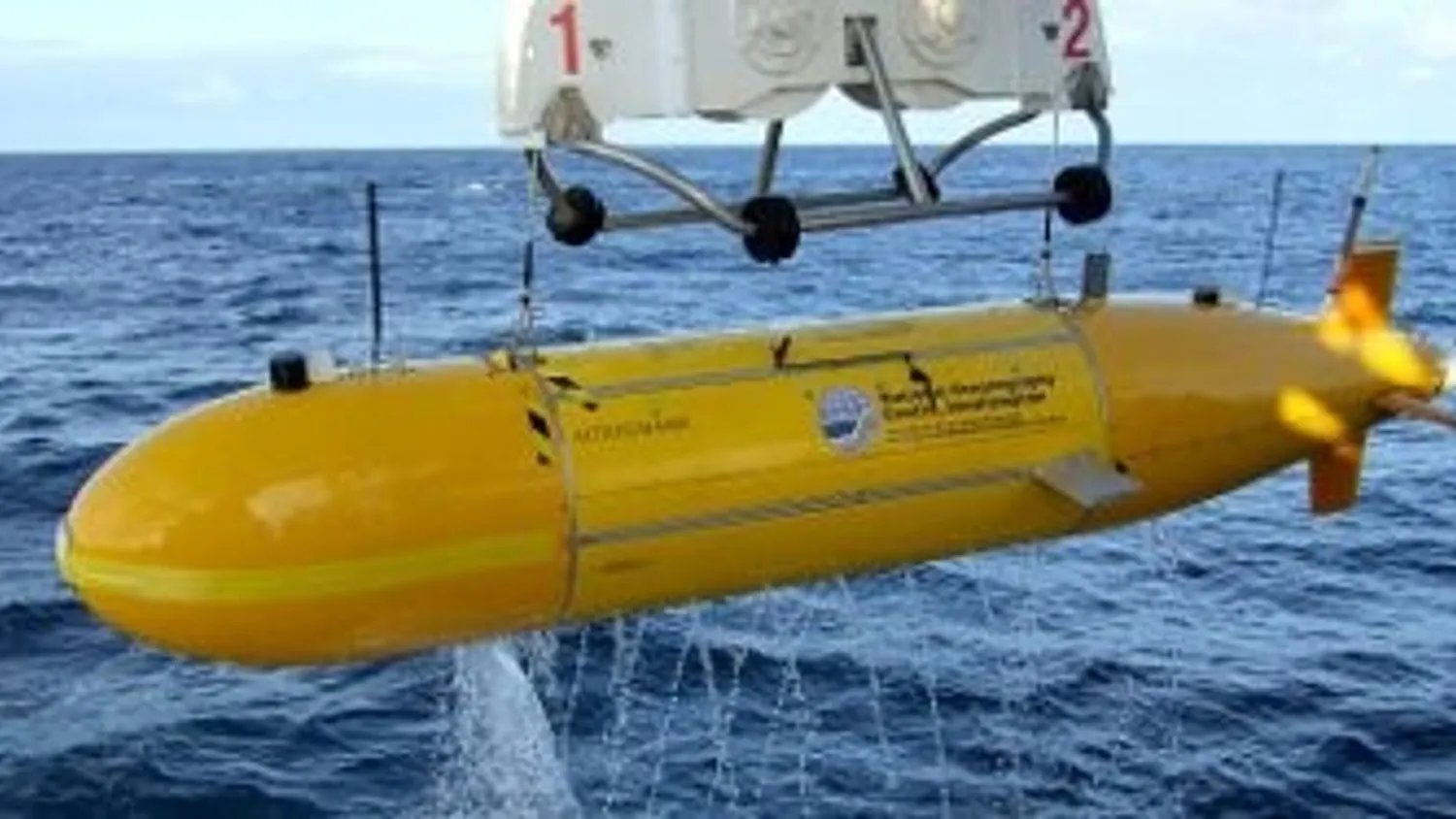Extracting visual information from in situ images forms the basis of modern-day benthic and pelagic ecosystem research. With rapid advance in optical and imaging technologies and increasing affordability, large volumes of high-resolution imagery is now routinely collected, increasingly from autonomous systems. This increase in data-intensity has created the need to significantly improve transmissions to allow for efficient information extraction and instrumentation response times.
Theme 2 will develop intelligent data processing methods to enable near real-time, remote monitoring of targets including particulate matter, phytoplankton, zooplankton, microplastics, coral, seagrass, macroalgae, invertebrates, fish, and litter. It will address key data processing, power consumption and communication bottlenecks through the application of artificial intelligence, machine learning, software improvements and optimised data extraction.
Work package 4
This WP identified and upgraded existing imaging sensor hardware and developed systems to generate crucial datasets for training artificial intelligence/machine learning (AI/ML) algorithms. It also validated the functionality of these algorithms in relation to TechOceanS imaging operations.
Lead:
- Dr Sari Giering
- NOC
- s.giering@noc.ac.uk
Work package 9
Building upon the hardware and systems developed in WP4, this WP developed real-time, embedded deep-learning essential ocean variable feature extractors and sensor-specific datasets for training AI/ML to perform the specific tasks required for the types of ocean research missions TechOceanS aimed to support.
Lead:
- Dr Blair Thornton,
- UoS
- Thornton@soton.ac.uk
Work package 14
This WP demonstrated the operational capabilities and in situ remote awareness of benthic and pelagic essential ocean variables (EOVs). The units developed in this WP were deployed in real-world environments, validating their capacity to provide global EOV coverage with reduced size and power consumption. They also featured robust, calibrated end-to-end workflows that enabled integration across a range of autonomous vehicles.
Lead:
- Dr Xiangyu Weng
- GEOMAR
- xweng@geomar.de
